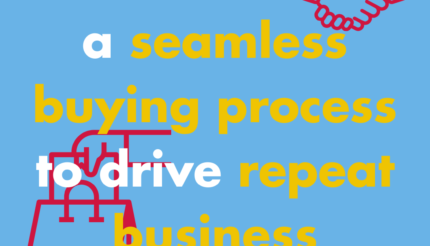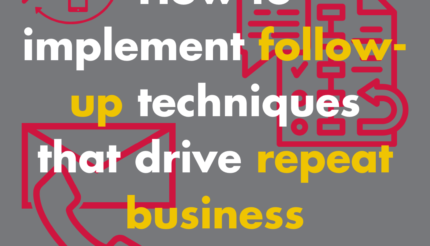5 Top Tips for anticipating sales objections
Anticipating and addressing objections is an essential skill for any sales professional. Jeffrey Gitomer, a leading sales expert and best-selling author, offers valuable insights on how to predict and address objections in the sales process. By proactively addressing objections, you can build trust with your prospects, alleviate concerns, and increase your chances of closing a deal.
- Understand your prospect’s needs and concerns:
To anticipate objections, you first need to understand your prospect’s needs, concerns, and priorities. Gitomer emphasises the importance of conducting thorough research on your prospects, their industry, and their company to identify potential objections that may arise during the sales process. Review your prospect’s website, press releases, and social media channels to gain insight into their business and industry. Investigate your prospect’s competitors to understand their unique challenges and pain points and use tools such as LinkedIn or industry forums to gather additional information about your prospect’s role, responsibilities, and decision-making process.
- Learn from past experiences:
Gitomer encourages sales professionals to learn from their previous sales experiences and interactions to identify common objections. By analysing your past sales calls, meetings, and negotiations, you can uncover recurring objections and prepare well-reasoned responses to address them. Reflect on past sales situations where you encountered objections and evaluate how you handled them. Seek feedback from colleagues, managers, or mentors to identify areas for improvement in addressing objections. Review your win-loss analysis to identify trends and patterns in objections encountered during successful and unsuccessful sales interactions. - Prepare your responses:
Once you have identified common objections, Gitomer suggests preparing your responses to address these concerns effectively. Create a list of well-reasoned and persuasive counterarguments that highlight the benefits of your product or service, and practice delivering these responses confidently. Develop a set of clear, concise responses that address the prospect’s concerns and highlight the value of your offering and use real-life examples, case studies, or customer testimonials to support your arguments.
- Address objections proactively:
Gitomer recommends addressing objections proactively during the sales process to minimise the likelihood of them arising later. By demonstrating your understanding of the prospect’s concerns and offering solutions or counterarguments, you can build trust and credibility. Incorporate your responses to common objections into your sales presentations, emails, or conversations. When discussing the benefits of your product or service, address potential concerns before the prospect has a chance to raise them. - Foster open communication:
Creating an environment of open communication is critical to anticipating and overcoming objections. Gitomer emphasises the importance of encouraging prospects to voice their concerns, ask questions, and share their thoughts throughout the sales process. Be approachable and create a comfortable atmosphere for the prospect to share their concerns and actively listen to the prospect’s concerns and acknowledge their feelings and opinions.






